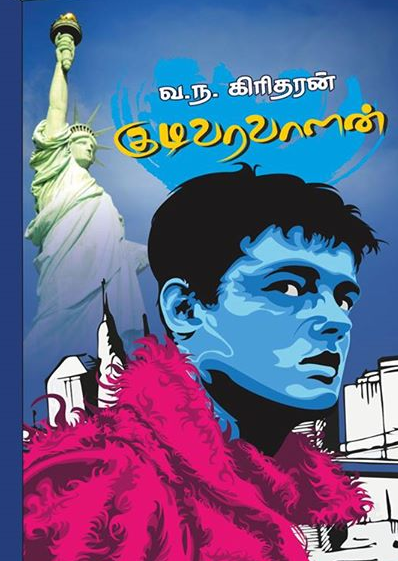Abstract


Any journey in life is blissfully ever sought by human travelers across the globe. However, there are certain migrations by specific ethnic groups who are left with not much choice except for a disagreeable movement, sometimes hazardous ones too. Life and journey go hand in hand in a pleasant manner for any human being with comfortable existence. Crisis occurs only when life becomes uncertain in the homeland and to enter an alien land. Srilankan Tamil people is one such ethnic group who have been going through the crisis of existence for having born in a land that coerces cruelty upon them. The writer V.N. Giritharan was born as a blessed being like others in a Tamil family in Sri Lanka. He grew up as a writer as well as an Architecture graduate with great sensitivity towards the land and people around him. However, his state of affairs did not remain the same, as there were the chaos and brutalities of the ethnic conflict between the majority Sinhalese and the minority Tamil. The only way to survive was to leave the homeland with a heavy heart and to move towards an asylum. This journey is the most pathetic one in any man’s life. His sufferings have been portrayed vividly in the novel An immigrant in which the protagonist named Ilango lives as the replica of the writer V.N. Giritharan himself.
The paper attempts to explore the existential predicament of the protagonist of the novel An Immigrant whose personal experiences demonstrate the physical, psychological multicultural, ethnic, political and socio-economic issues of such immigrants across the globe.
Key words : Canadian-Tamil Writer, V.N. Giritharan, forced migration, Diaspora, Tamil ethnic race, refugees, unwilling immigrant, identity crisis, political asylum.
“I remained, lost in oblivion;
My face I reclined on the Beloved.
All ceased and I abandoned myself,
Leaving my cares forgotten among the lilies.” (St. John of the Cross)
